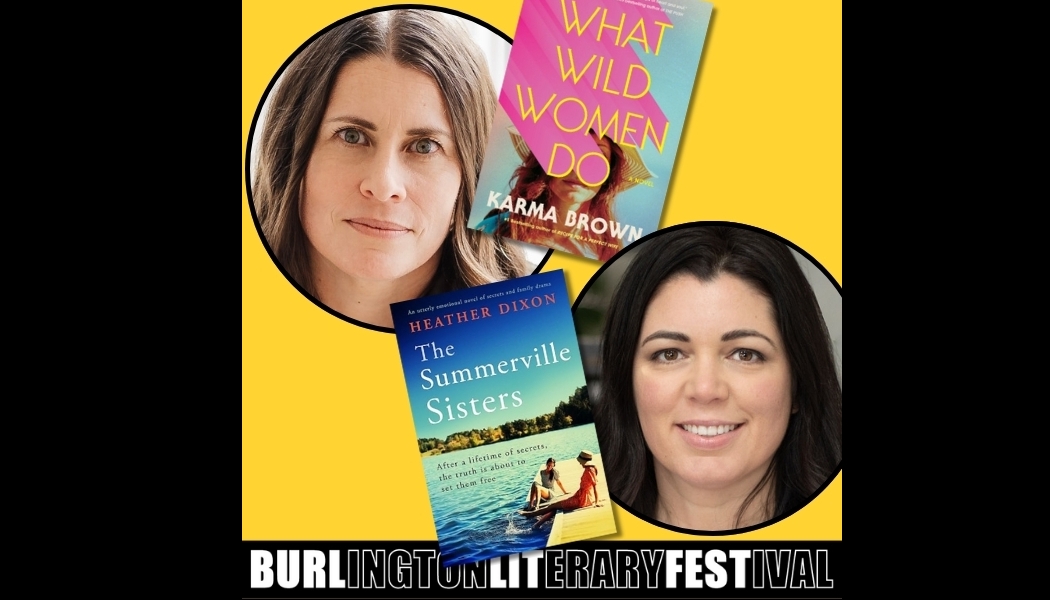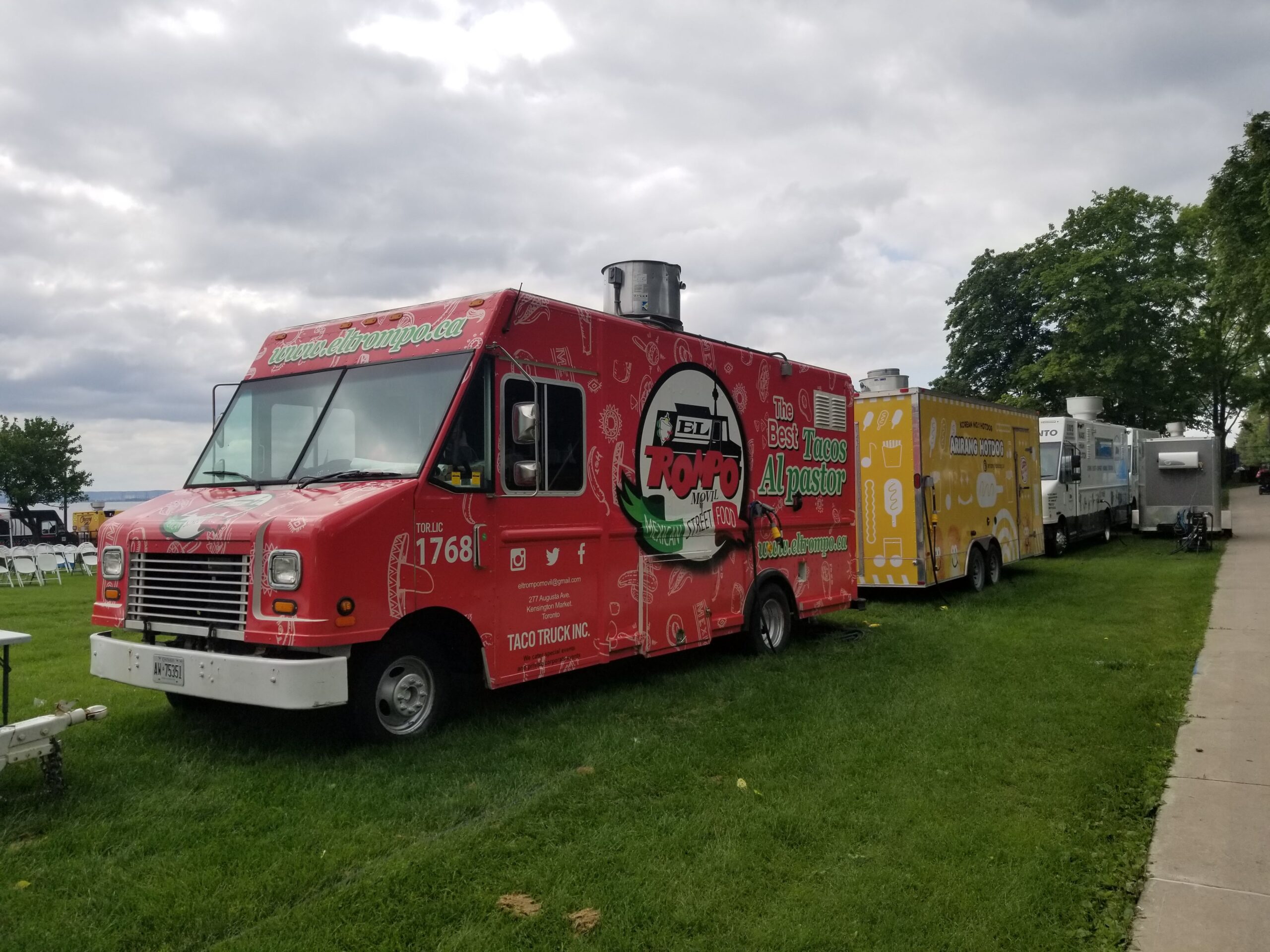By Sydney Alexandra, Local Journalism Initiative Reporter
Canadian authors Karma Brown and Heather Dixon are reshaping the narrative around women’s fiction, challenging stereotypes, and expanding the genre’s universal appeal. Together, they’re dismantling the misconception that women’s fiction is exclusively for female readers and emphasizing its capacity to connect with people of all genders, ages, and stages of life and will talk on just this topic at their BurlLITFest session on Mon., Nov. 17.
Their mission? To show that women’s fiction — stories rich in personal journeys, self-discovery, and relationships — belongs to everyone.
Women’s fiction is traditionally defined by its focus on personal growth and relationships, often through a woman’s perspective. For many, the genre has been conflated with “ChickLit,” a term associated with light, romantic stories aimed at a female audience. Brown and Dixon, however, see women’s fiction as a broader, evolving genre capable of reflecting complex, diverse, and deeply human experiences.
“When I first started writing women’s fiction, ‘ChickLit’ was big,” Brown explains. “Over time, it has morphed into what we now call women’s fiction. Maybe we’re gearing up for yet another evolution.”
Dixon, author of The Summerville Sisters, agrees: “We need to rethink how we view women’s fiction — who writes it, who reads it, and what it represents. It’s time to embrace a broader perspective.”
At the heart of women’s fiction lies its ability to create authentic, relatable characters whose flaws and vulnerabilities resonate with readers. Dixon believes it’s this authenticity that makes the genre compelling.
“The best stories feature regular, flawed, and vulnerable women navigating their lives,” Dixon shares. “These characters stand out because they’re real — they feel like people we know or could be.”
Brown echoes this sentiment, emphasizing the hunger for women’s stories in literature and media. “I’m interested in how women think and feel, and how their perspectives differ. Too often, the male perspective is the default. Women’s fiction shifts that focus, offering stories that resonate not just with women, but with anyone looking for a deeply human connection.”
Themes of universal human experience are also central to the genre. Brown’s bestselling debut novel, Come Away With Me, explores the complexities of grief and its impact on life.
“People have reached out to say I really captured what grief feels like,” she reflects. “Even years later, I receive messages thanking me for tackling such a difficult subject. That connection is incredibly meaningful and shows how these themes resonate across different audiences.”
Both authors highlight the importance of literary festivals like BurlLITFest in fostering community and encouraging readers to explore beyond their usual genres.
“My hope is that events like BurlLITFest inspire someone to pick up a book or genre they might not have considered before,” Dixon says.
For Dixon, the impact of such events is personal. She recalls attending a conference years ago where Brown spoke about publishing. “I was just starting to take writing seriously, and hearing Karma’s story was so inspiring. She was a local author who had found success, and that gave me the confidence to pursue my own writing journey. Fast forward to now, and it’s surreal to share a panel with her. It feels like a full-circle moment.”
Beyond inspiration, these events also spark creativity. “Interacting with people and hearing their stories gives me ideas to file away for later,” Dixon explains. “Every conversation or observation can be the seed of a new story.”
Brown emphasizes her gratitude for events like BurlLITFest, which bring authors and readers together. “It’s heartwarming to see people show up, especially now, when it’s harder to get people out of their homes. These events allow us to engage with readers — whether they’ve read our books or are discovering us for the first time — and that connection is incredibly special.”
During their session at BurlLITFest, Brown and Dixon plan to discuss the evolving nature of the “women’s fiction” label.
“It’s about making these stories accessible to everyone,” Dixon explains. “The term might need to evolve to better reflect the breadth of the genre. Something like ‘human fiction’ could work, but even that doesn’t quite capture it. The goal is to expand its appeal and understanding.”
Brown shares an anecdote about how her novel Recipe for a Perfect Wife highlighted the genre’s universal themes.
“I’ve received messages from male readers who connected with the nostalgia in my book — things like the recipes their mothers used to make. It was fascinating because it challenged the idea that these stories are just for women. Women’s fiction explores themes that resonate with anyone experiencing life. Limiting the genre by gender is a missed opportunity.”
For a deeper dive into the discussion, register for the Demystifying Women’s Fiction event at Burlington’s Central Library on Monday, Nov. 18, from 7 p.m. to 8 p.m. Click here to register. Both authors’ books will be available for purchase after the session, as well as in bookstores and online. Burlington Public Library is hosting BurlLITFest events throughout the month of November.





